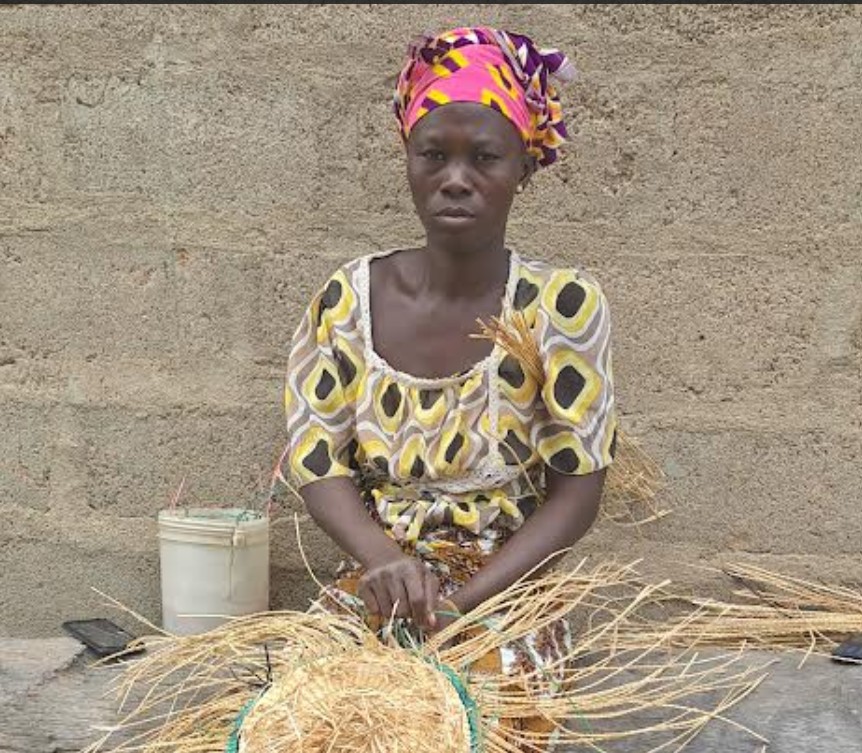Grace Atagra, a 37-year-old mother from Gambibgo in the Bolgatanga East District of the Upper East Region, used to live in constant fear and despair. Her 15-year-old son was diagnosed with epilepsy, a condition that brought not only emotional strain but also social stigma.
“For a long time, I lived in shame and isolation,” Grace recounts. “People believed my son’s condition was contagious. We were avoided, gossiped about, and left without support. I was depressed and felt completely alone.”
Things began to change when Grace became a member of the Yinesungmah Self-Help Group (SHG), an initiative supported by BasicNeeds-Ghana through funding from generous donors. Through this group, she found emotional support, community belonging, and tangible assistance that began to shift the trajectory of her life.
“The group welcomed me warmly. For the first time, I had people checking on me and my son, paying us home visits, and encouraging us,” she shares.
Grace’s participation in the SHG also came with vital economic support. She received a cash grant and straw materials to grow her basket weaving business. With this new source of income, she could now afford her son’s medication and other basic needs. Later, she was also provided with a sewing machine, which enabled her to begin training in dressmaking.
Despite personal setbacks, including the painful loss of her husband, Grace remains committed to her training and business. “I couldn’t graduate as planned due to my husband’s passing, but I’m confident I’ll complete it this year,” she says.
Today, Grace’s son’s condition has stabilized. He is back in school, and Grace is actively engaged in income-generating activities—basket weaving and tailoring—to support her family.
“This support has completely changed our lives,” she adds. “Thanks to BasicNeeds-Ghana and their donors, I no longer feel alone. My son is healthy, I have a trade, and I feel hopeful about the future. I pray more caregivers like me can also receive this kind of help.”


